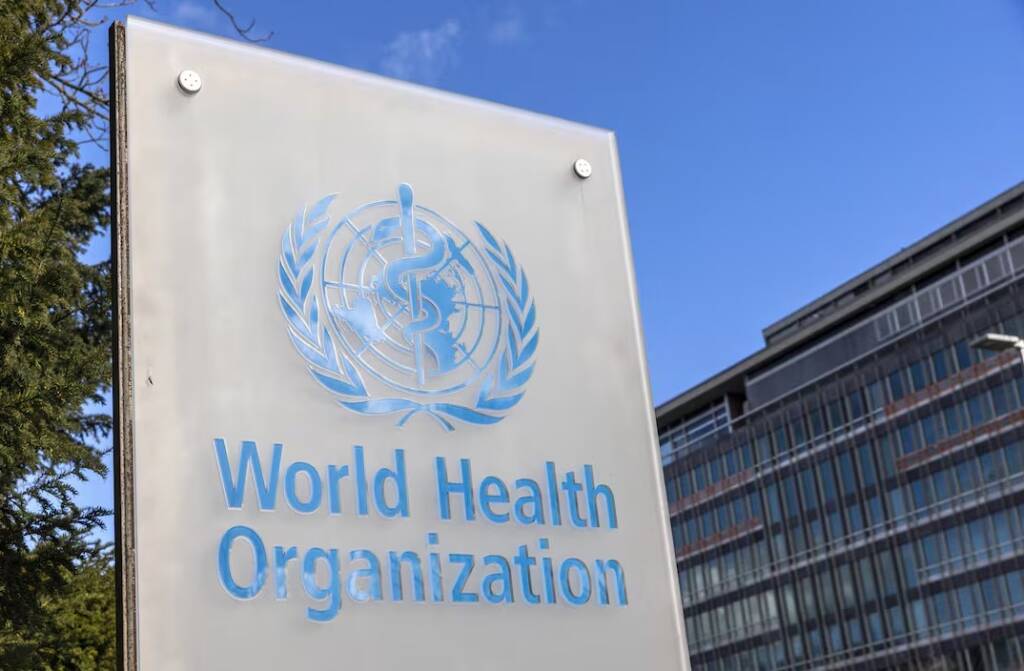The World Health Organization (WHO) is currently navigating a challenging phase in its quest to establish a global framework for pandemic preparedness and response. Initiated in late 2021, the discussions among WHO member states have culminated in a series of negotiation sessions, with key developments unfolding just this week. These talks are geared toward finalizing a new pandemic treaty alongside modifications to the International Health Regulations (IHR). The journey to this point has been fraught with controversy, particularly following the release of the initial proposal, the ‘zero draft’, in 2023, which sparked widespread dissent and led to more secretive negotiations.
Central to the controversy is the draft agreement’s provision for granting the WHO the authority to issue legally binding mandates during pandemics, including enforcing lockdowns, quarantines, and mandatory vaccinations. Such powers will dramatically alter the foundational dynamics between the WHO and sovereign states, potentially infringing upon national autonomy. The reaction has been robust, with international resistance escalating.
In response, Dr. Tedros Adhanom Ghebreyesus, the WHO’s director general, has taken a confrontational stance against critics, particularly at the World Governments Summit in February. He accused detractors of disseminating misinformation and conspiracy theories, intensifying the debate around the WHO’s proposed role in global health governance.
Recently, revised drafts of the proposals have been circulated, offering modifications that aim to address some of the initial criticisms. Although these revisions are considered an improvement, they continue to raise concerns regarding the potential overreach of the WHO’s authority in managing pandemics. The revised framework still positions the WHO as the central directing and coordinating authority in global pandemic scenarios, a stipulation that will undermine democratic processes. Moreover, the persistence of provisions for interventionist measures like quarantines and lockdowns signals a continued preference for assertive responses in pandemic management, sparking further debate about the balance between global governance and national sovereignty.
The current discourse around the World Health Organization’s (WHO) proposed amendments to the International Health Regulations (IHR) raises significant concerns about the appropriateness of the measures being considered, especially in light of ongoing evaluations of responses to the Covid-19 pandemic.
Critically, the WHO’s proposed framework includes provisions for developing behavioral-science strategies, ostensibly aimed at public health compliance but critiqued as veiled attempts at manipulation through ‘nudge’ tactics and propaganda. Additionally, the proposals include measures to counter ‘misinformation and disinformation,’ which will lead to increased censorship, echoing the extensive state-led propaganda witnessed during the Covid-19 crisis.
These issues highlight deeper doubts about the WHO’s credibility and suitability as a global public-health leader. The organization’s previous endorsements of China’s draconian pandemic responses—which were not only authoritarian but largely ineffective—and its initial denials of Covid-19’s human-to-human transmission have tainted its reputation. More recently, the WHO faced backlash over its controversial guidance on children’s rights to inquire about sexuality and explore gender identities, raising questions about its judgment and priorities.
The leadership of Tedros Adhanom Ghebreyesus further complicates trust in the WHO. His decision to appoint Robert Mugabe—a former dictator—as a goodwill ambassador, although quickly retracted following public uproar, along with allegations linking him to severe human rights violations during his tenure in Ethiopia’s security services, underscores concerns about his fitness for directing an organization of WHO’s global significance.
Moreover, the procedural handling of the WHO’s latest draft proposals has itself been problematic. Released well past the legal deadline, the delay has prompted legal experts and policymakers, including a notable group of US senators, to question the legitimacy of the proposed amendments under international law. This has severely limited the opportunity for thorough scrutiny of changes that could deeply influence UK public-health policy for years to come.
In summary, the lack of transparency and the contentious nature of the WHO’s proposed changes have understandably eroded public trust. Given the WHO’s track record and ongoing governance issues, there is a compelling argument that nations should approach these new global health frameworks with a critical and cautious perspective, prioritizing national autonomy and the integrity of public health discourse.
